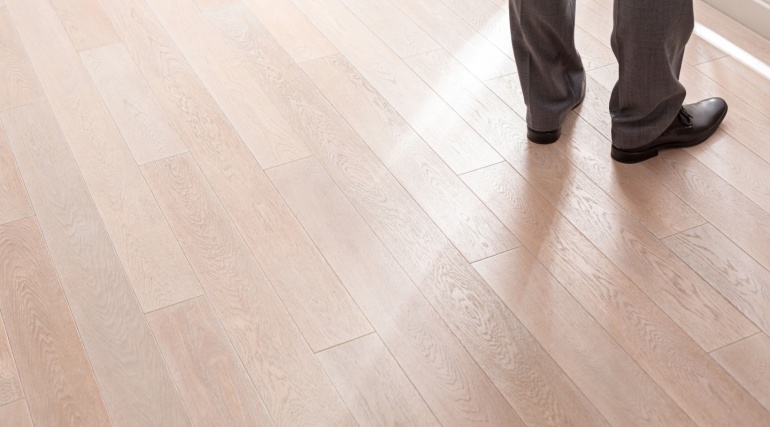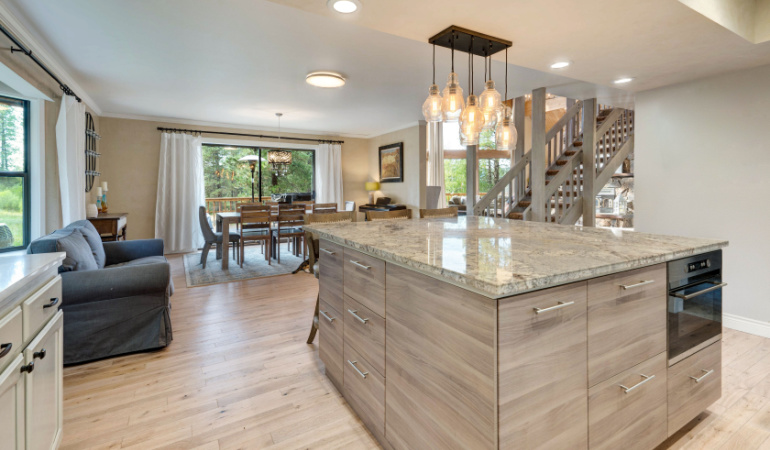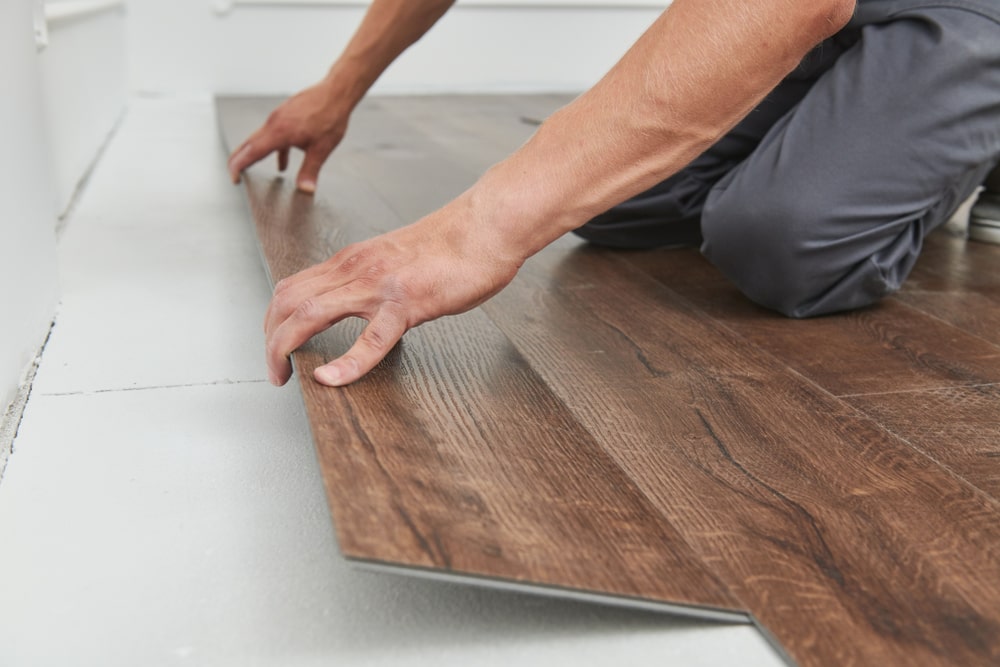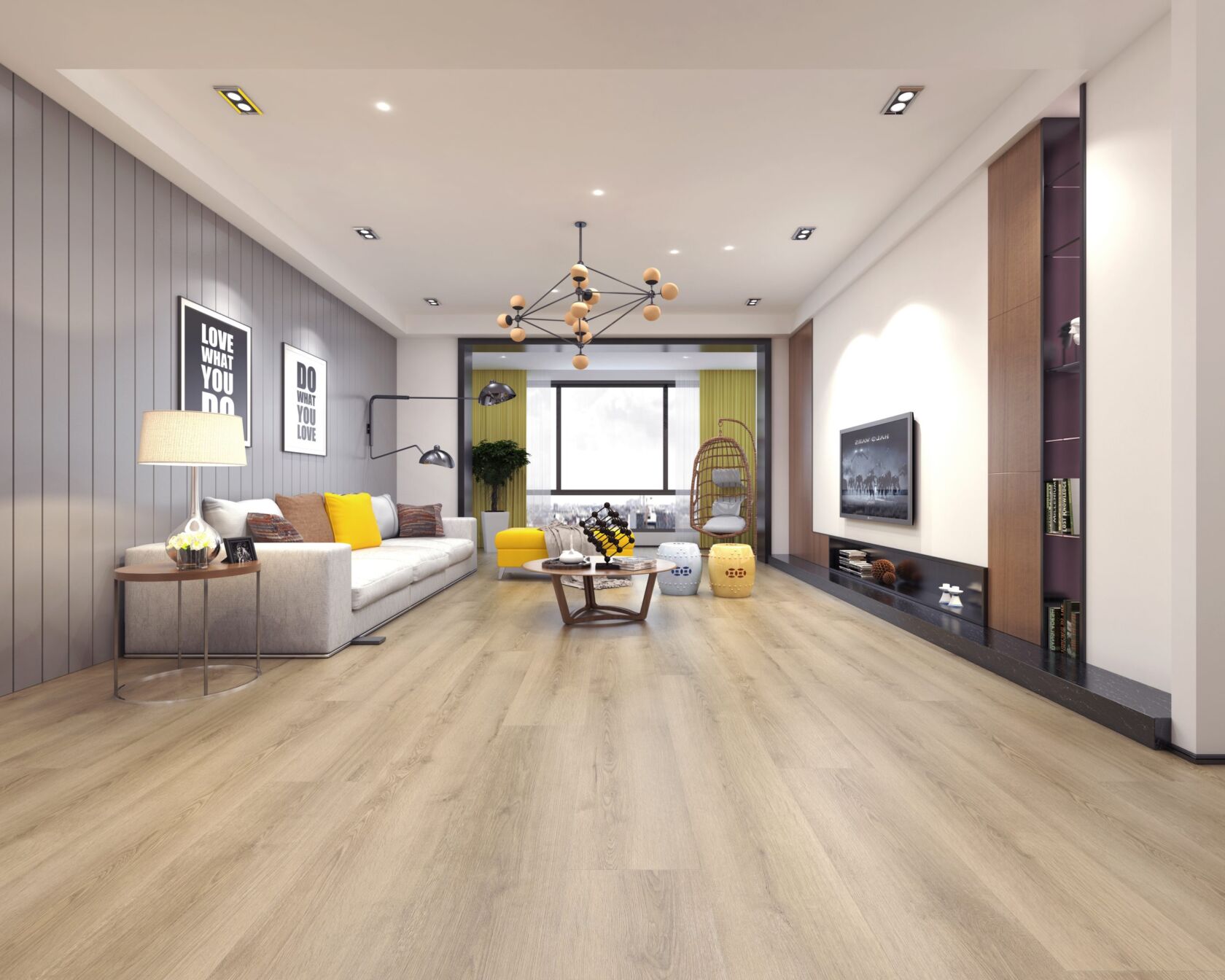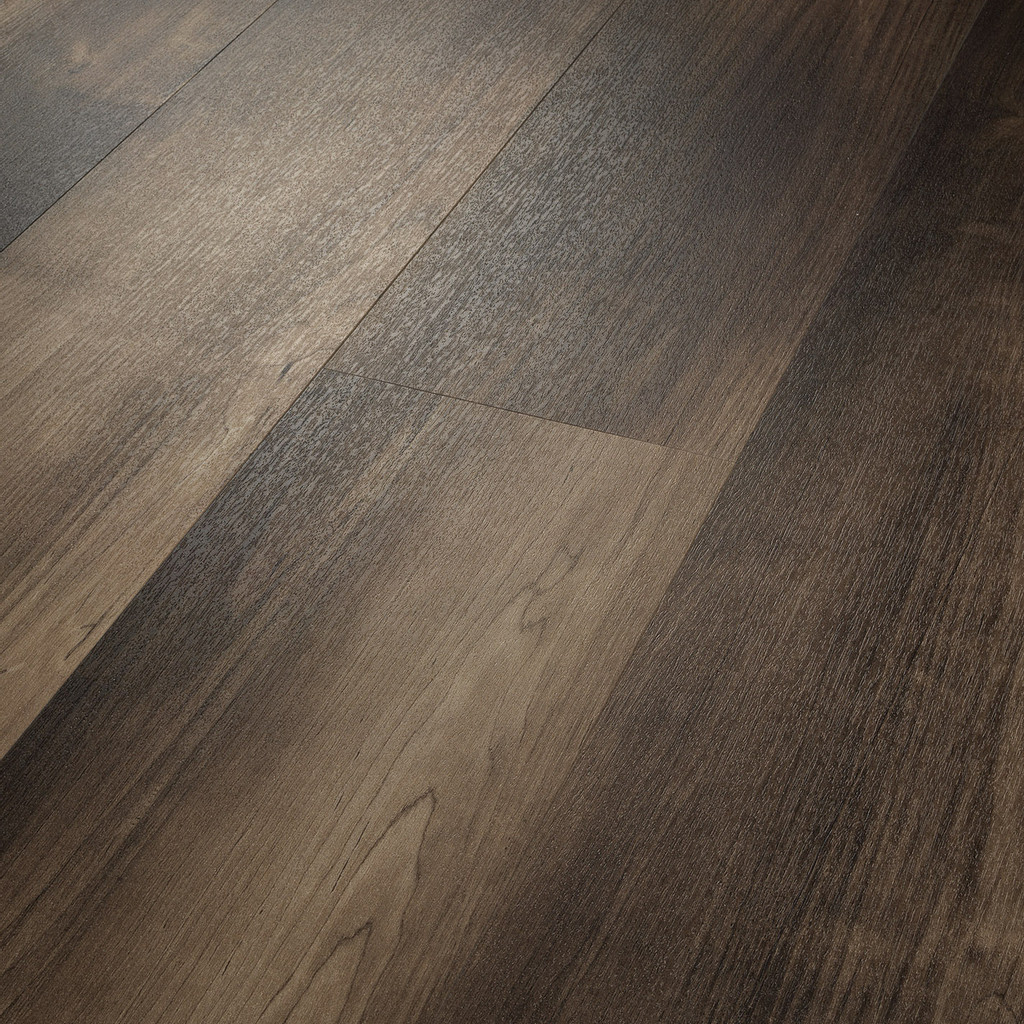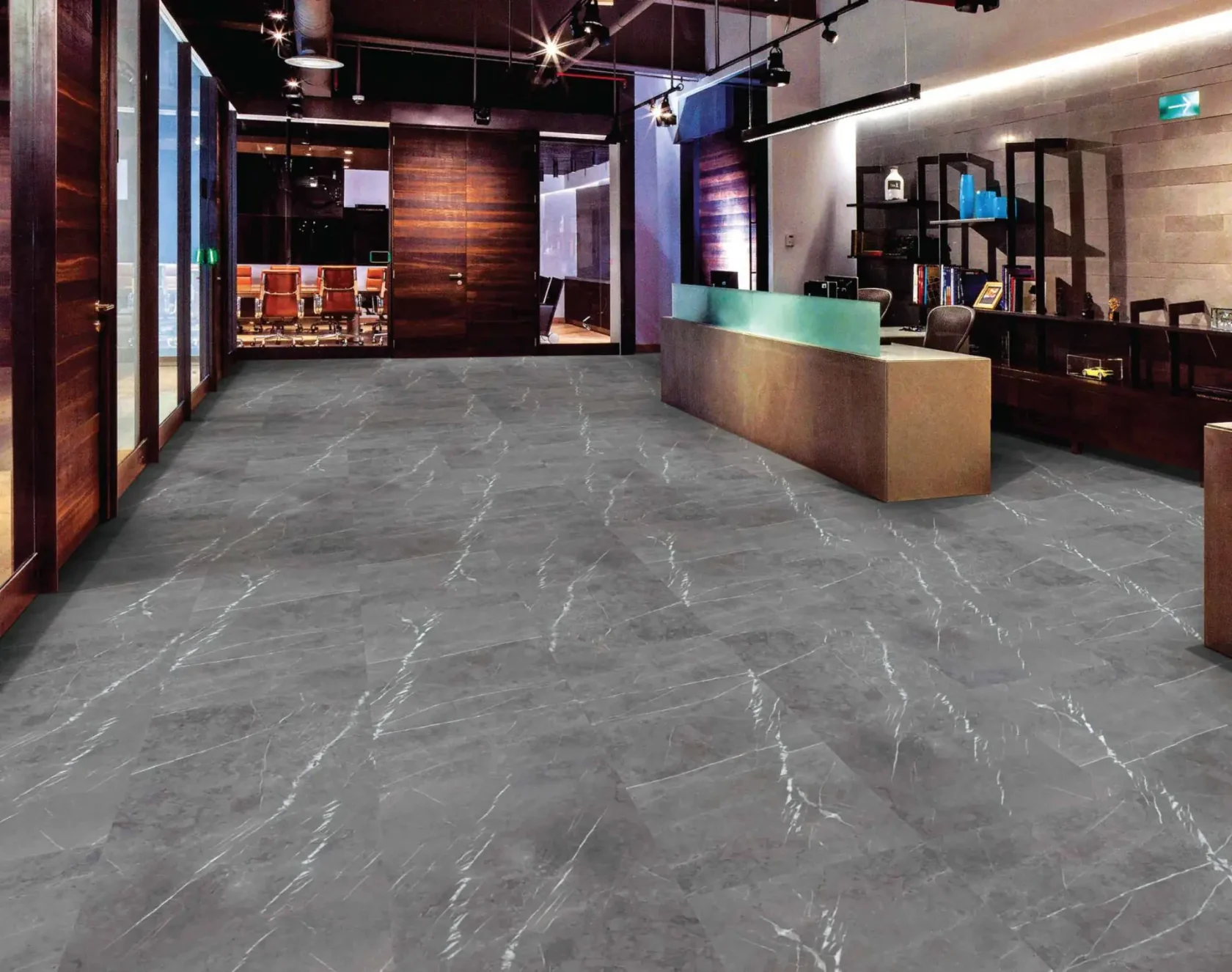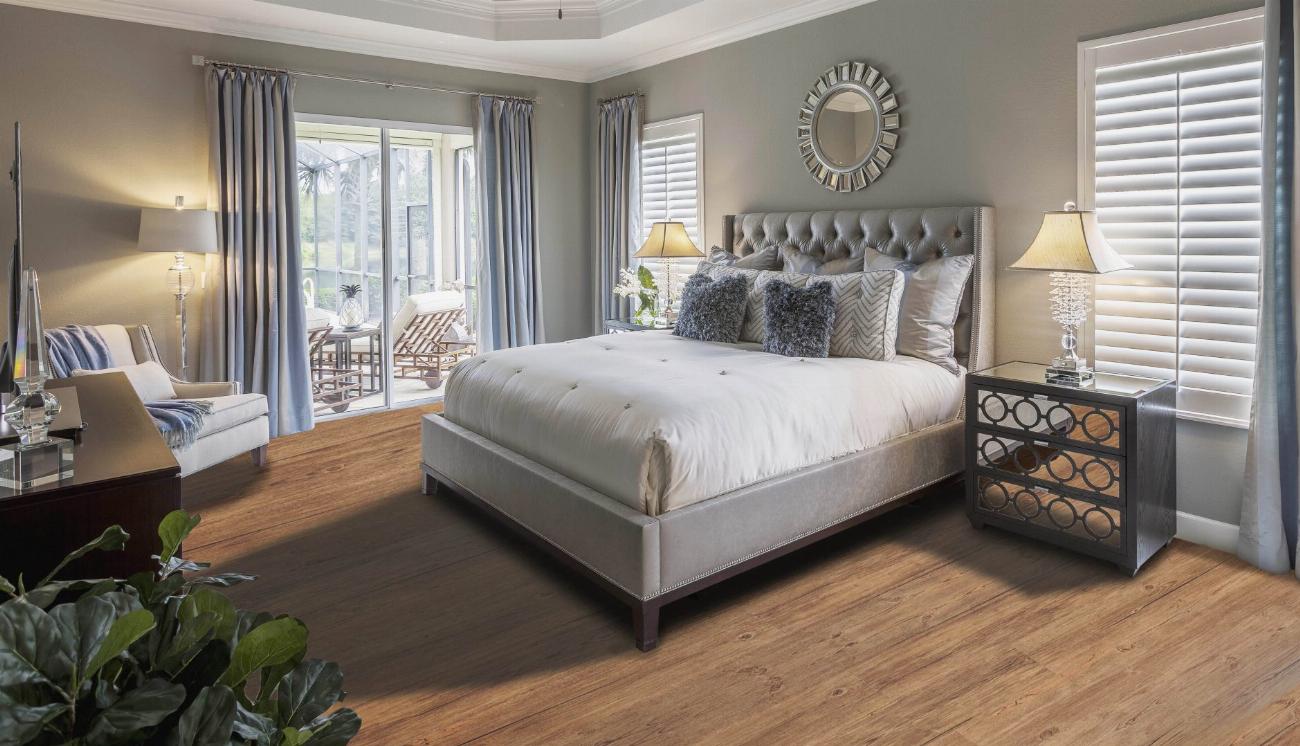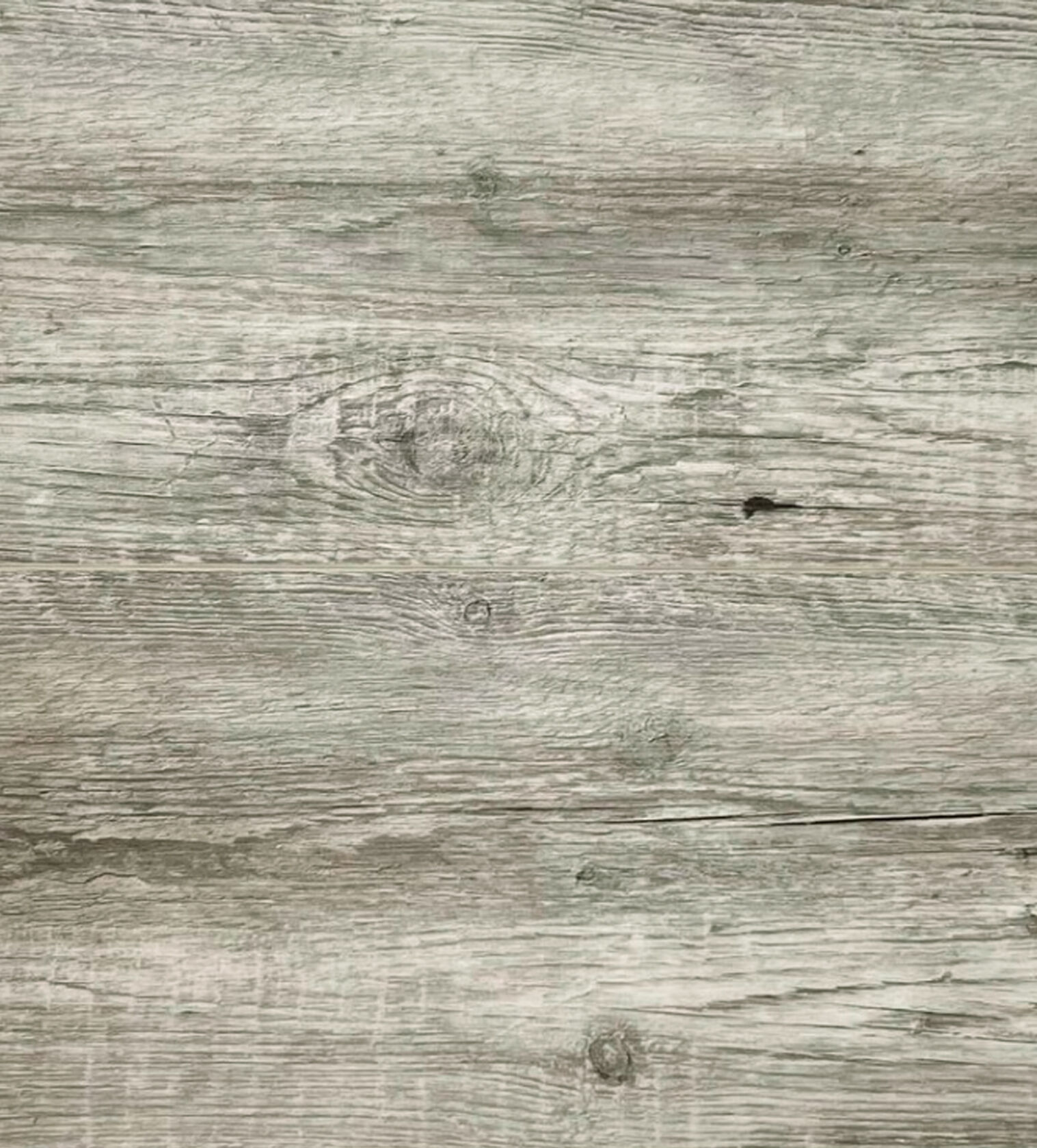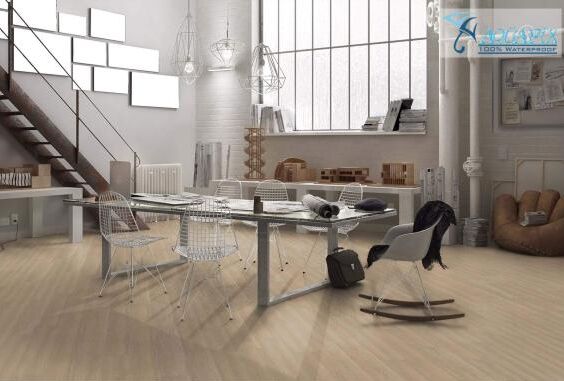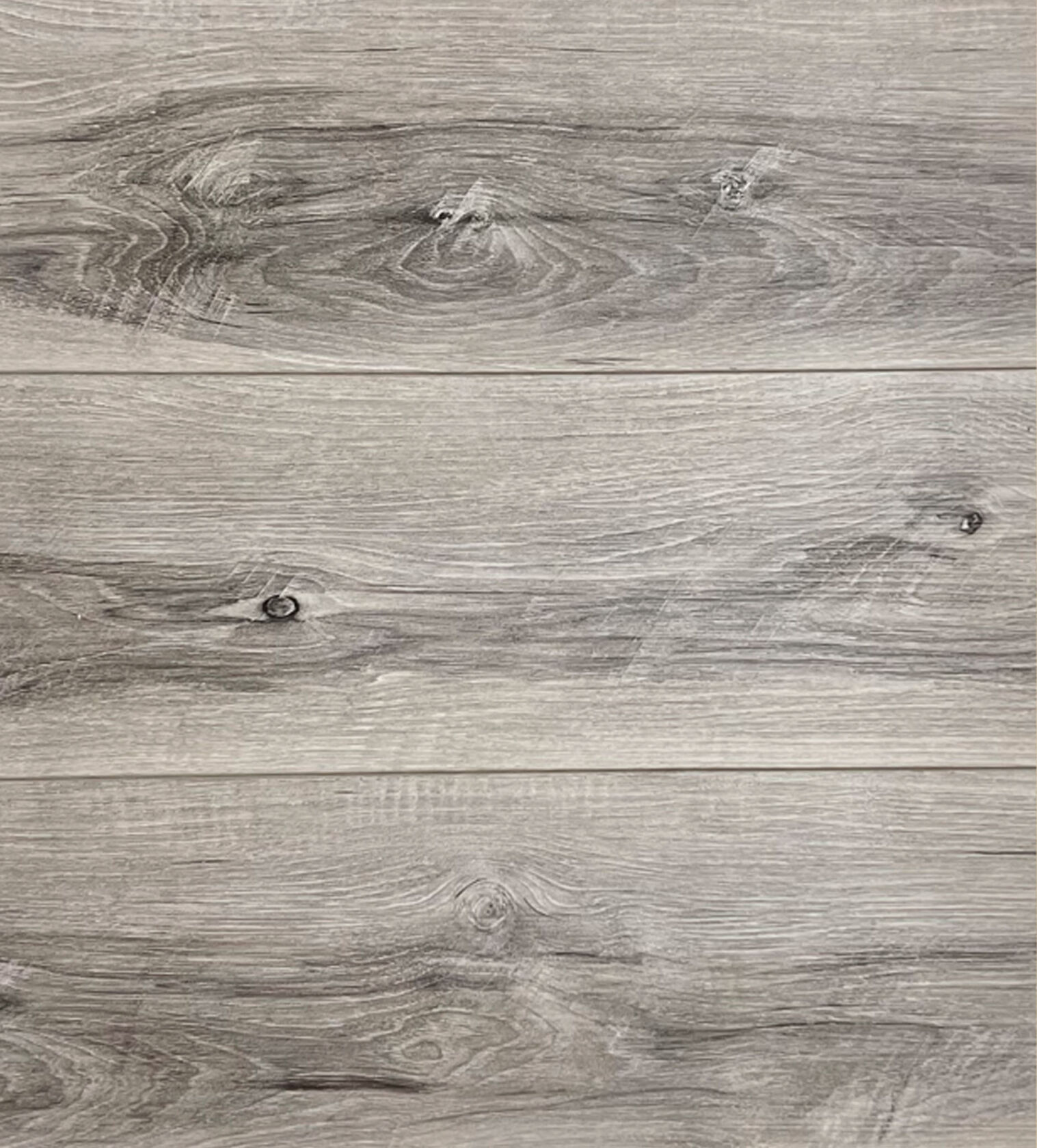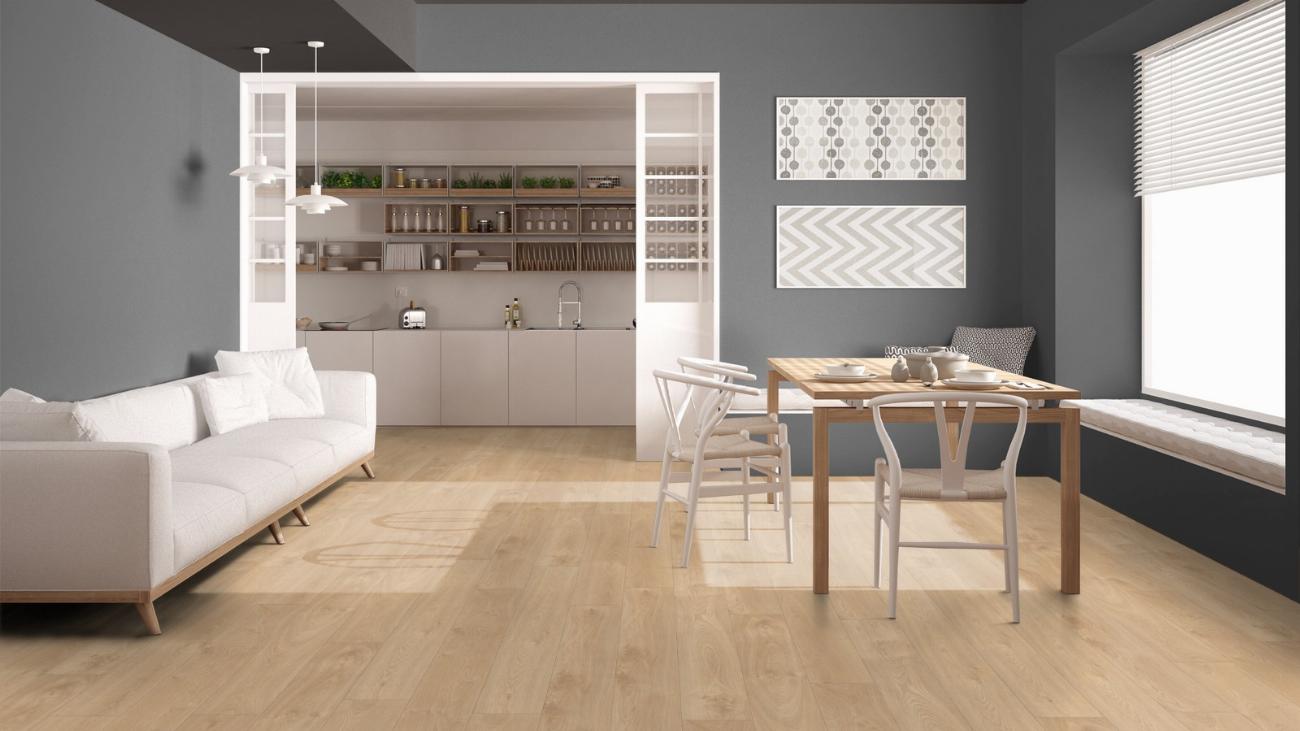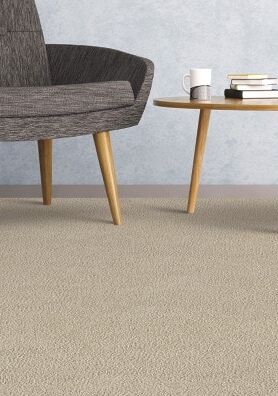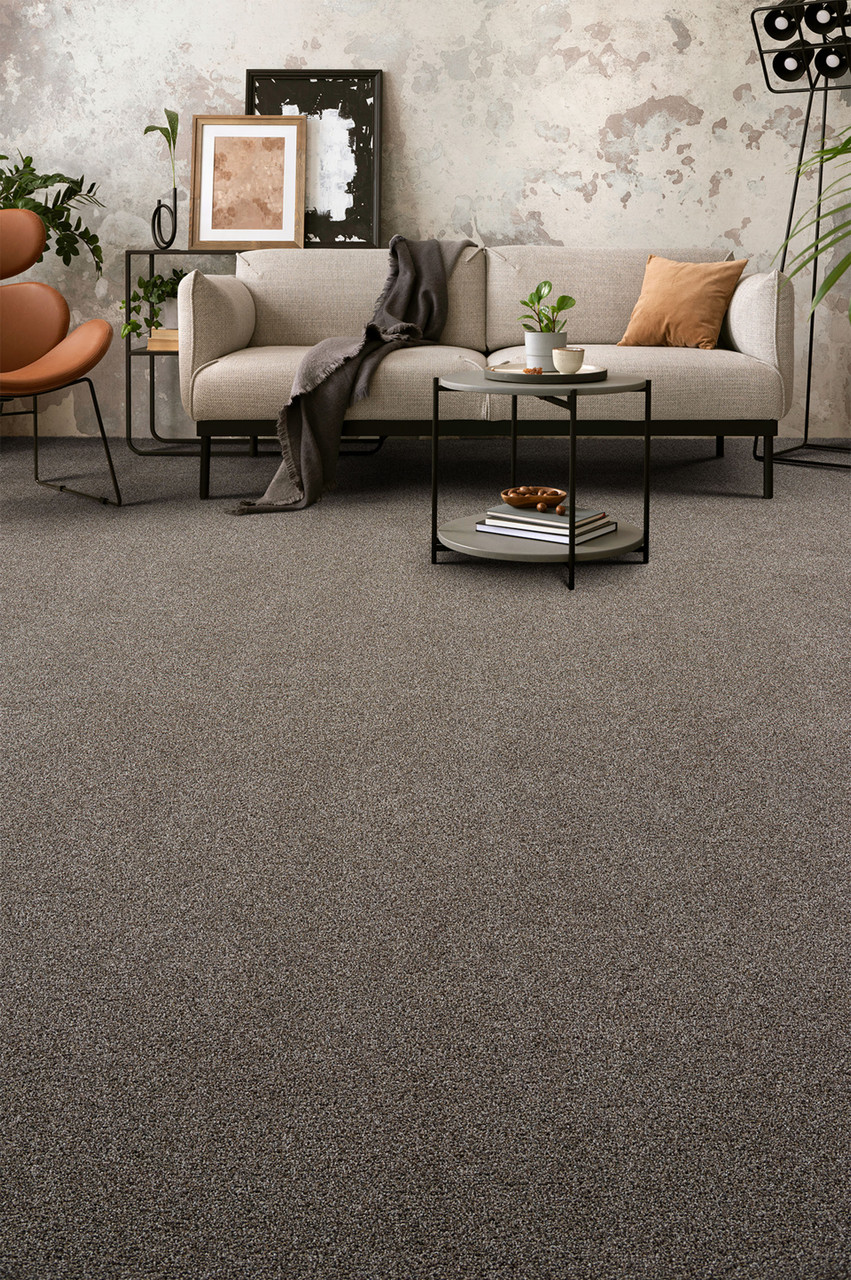Selecting the perfect hardwood for your project can be thrilling and daunting, given the abundance of stunning and long-lasting options. Both types of hardwood flooring are commonly utilized throughout homes, offering nearly identical advantages. As a result, choosing between them ultimately becomes more about personal preferences.
So in this article, Deerfoot Carpet & Flooring is here to help highlight the differences between solid hardwood and engineered flooring.
1. Construction
Solid hardwood flooring – made entirely from a single piece of wood. It is usually available in different thicknesses and widths.
Engineered hardwood flooring – consists of a thin veneer of real hardwood bonded to multiple layers of plywood or high-density fiberboard (HDF). The top layer, or wear layer, is the visible hardwood surface.
2. Installation
Solid hardwood flooring – typically nailed or stapled down to a wooden subfloor. It requires a professional installation and can be more time-consuming.
Engineered hardwood flooring – offers more installation options. It can be nailed or stapled like solid hardwood, but it can also be glued down or installed as a floating floor, where the planks are not attached to the subfloor but rather click together.
3. Cost
Solid hardwood flooring – made entirely of solid wood, tends to be more expensive.
Engineered hardwood flooring – is more cost-effective than solid hardwood. The layered construction of engineered hardwood makes it less expensive to produce and allows for the use of more affordable wood species for the core layers.
4. Stability
One of the significant differences between the two types is their stability.
Solid hardwood flooring – is more susceptible to moisture and temperature changes, which can cause it to expand or contract.
Engineered hardwood flooring – With its layered construction, being more dimensionally stable and less prone to expansion and contraction, this is the better choice for areas with fluctuating humidity levels, such as basements or rooms with radiant heating.
5. Durability and Maintenance
Solid and engineered hardwood can be durable and relatively easy to maintain. The critical advantages of each are:
Solid hardwood flooring – Because it can be sanded down and refinished several times over its lifespan, it is better for long-term maintenance.
Engineered hardwood flooring – has limited sanding and refinishing options due to its thinner wear layer. However, advances in manufacturing have resulted in engineered hardwood with thicker wear layers that can withstand some refinishing.
Which One is Right for You?
Solid hardwood flooring is an excellent choice if you want a traditional, long-lasting floor that you can refinish multiple times. However, engineered hardwood flooring is the better choice if you need a more versatile, moisture-resistant option that works in basements or condos.
Not sure which one is best for your home? Visit our showroom at Deerfoot Carpet & Flooring’s showroom for expert advice and a wide selection of solid and engineered hardwood flooring options!


